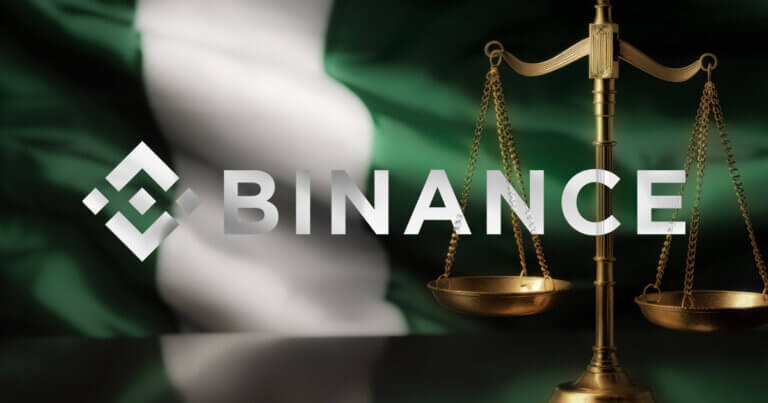🎧 Listen to This Article
Nigeria is taking on Binance in a massive $81.5 billion lawsuit filed on February 19, 2025. Blaming the world’s largest crypto exchange for economic losses ($79.5 billion) and unpaid taxes ($2 billion), the government is cracking down hard. With the naira under pressure and Binance’s executives detained in 2024, the stakes are high. Here’s everything you need to know about the 2025 Nigeria Binance tax lawsuit and what it means for crypto traders and businesses.
Why Is Nigeria Suing Binance in 2025?
Nigeria’s Federal Inland Revenue Service (FIRS) claims Binance’s unregistered operations caused significant economic damage—$79.5 billion—by fueling naira volatility via crypto trading platforms. Add $2 billion in alleged back taxes, and this lawsuit, filed in Abuja, signals a major escalation in Nigeria’s crypto crackdown.
The FIRS argues Binance has a “significant economic presence” in Nigeria, making it liable for corporate income tax for 2022 and 2023. They’re seeking:
- $2 Billion in Back Taxes: Plus a 10% annual penalty and 26.75% interest (tied to the Central Bank’s lending rate).
- Court Declaration: To enforce tax compliance.
Binance, facing prior tax evasion and money laundering charges, halted naira trading in 2024 but hasn’t commented on this suit yet.
Long-Tail Keyword Tip: Curious about “how to comply with 2025 Nigeria crypto tax laws”? Stay informed below!
What’s at Stake in the Binance Lawsuit?
This isn’t Binance’s first clash with Nigeria. In 2024, two executives were detained amid a government push to regulate crypto. The FIRS now alleges:
- Economic Losses: $79.5 billion tied to currency destabilization.
- Tax Evasion: Non-payment of VAT, company income tax, and failure to file returns.
- Customer Complicity: Binance allegedly aided tax evasion via its platform.
Binance contests these claims, saying it’s working with the FIRS to resolve historic liabilities. But with $81.5 billion on the line, the outcome could reshape Nigeria’s crypto landscape.
Rules on Issuance Offering and Custody of Digital Assets
How Does the Tax Claim Break Down?
The FIRS is targeting:
- Corporate Income Tax: For 2022-2023, based on Binance’s “economic presence.”
- Penalties: 10% yearly on unpaid taxes.
- Interest: 26.75% annually, per Central Bank rates.
Example: If Binance owes $1 billion for 2022, penalties and interest could add $367.5 million by 2025—escalating fast.
What Happens Next?
Filed on February 19, 2025, the lawsuit awaits a court decision. Binance faces:
- Tax Enforcement: If ruled liable, it must pay $2 billion plus penalties.
- Broader Impact: A precedent could tighten crypto tax rules nationwide.
The case builds on 2024’s four-count tax evasion charges and separate money laundering allegations from Nigeria’s anti-graft agency, both denied by Binance.
Track updates at FIRS Official Site.
Your 2025 Nigeria Crypto Tax Checklist
- Monitor Binance lawsuit developments
- Report crypto income to FIRS
- Prepare for potential new tax rules
- Consult a tax expert for compliance
What This Means for Crypto in Nigeria
A win for Nigeria could mean stricter crypto oversight, higher taxes, and a shift away from platforms like Binance. We’ll update this guide as the court rules—check back for the latest!
For further details, clarification, contributions or any concerns regarding this article, please feel free to reach out to us at editorial@tax.news. We value your feedback and are committed to providing accurate and timely information. Please note that all inquiries will be handled in accordance with our privacy policy



